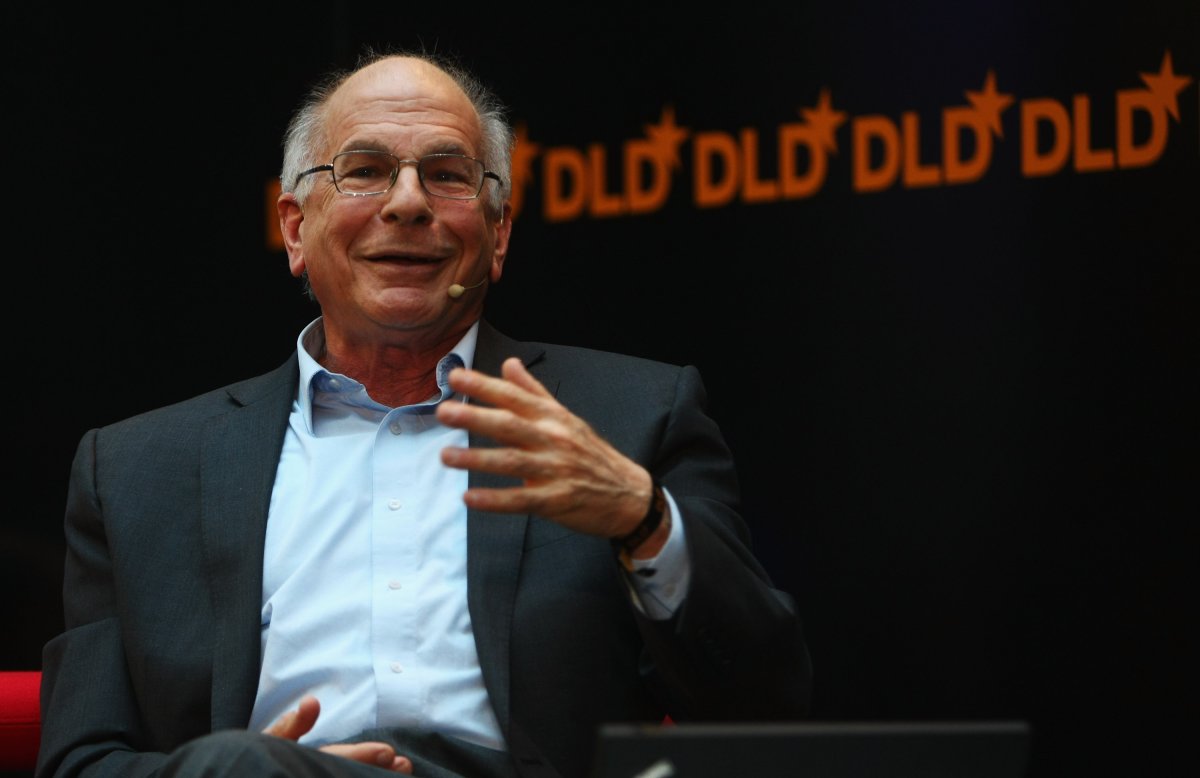The author of the most influential book in baseball front offices — the "real Moneyball" — died Wednesday. Daniel Kahneman was 90.
Kahneman's work with Amos Tversky in the groundbreaking field of behavioral economics was recognized with a Nobel Prize in 2002 and a Presidential Medal of Freedom in 2013. His book, Thinking, Fast and Slow, has garnered fans in nearly every baseball front office since its publication in 2013. It has been cited by everyone from longtime Dodgers and Rays executive Andrew Friedman to former Mets and Angels GM Billy Eppler as an influence over how they do their jobs. Wednesday, Baltimore Orioles executive Sig Mejdal was among those who wrote tributes to Kahneman on social media.
Exactly why Kahneman's research resonated with baseball talent evaluators is at least somewhat intuitive. If Moneyball, Michael Lewis' groundbreaking 2003 novel, demonstrated that advanced baseball statistics can expose long-held lies about the differences between good and bad players, Thinking, Fast and Slow exposes how those lies form in the first place.
The New York Times explored this concept in a 2021 article: "No area of baseball is more susceptible to bias than scouting, in which organizations aggregate information from disparate sources: statistical models, subjective evaluations, characterizations of mental makeup and more," wrote Joe Lemire. "Kahneman emphasized the importance of maintaining independence of judgments to decorrelate errors — that is, to separate inputs so that one doesn't influence another."

This, more than Moneyball, touches at the heart of the old-school-versus-new-school debate that still rages among baseball fans and industry veterans alike. When is it OK to trust a scout's judgment? When is it not? Why should a statistical model be given more influence over a trade, a free agent signing, or a draft-room decision than the human evaluator?
As statistical modeling of baseball inputs became more sophisticated over the years, human bias became easier to expose. That's an uncomfortable reality for scouts and other evaluators, but a reality that Kahneman's work helped unearth. Baseball is just one example. As described on the University of Chicago's behavioral economics website:
In the 1970s and '80s, (Amos) Tversky and Kahneman identified several consistent biases in the way people make judgments, finding that people often rely on easily recalled information, rather than actual data, when evaluating the likelihood of a particular outcome, a concept known as the "availability heuristic."
No teams are likely to observe a moment of silence Thursday for Kahneman as Opening Day games get underway across Major League Baseball. Indirectly at least, his work will be on display everywhere.
Uncommon Knowledge
Newsweek is committed to challenging conventional wisdom and finding connections in the search for common ground.
Newsweek is committed to challenging conventional wisdom and finding connections in the search for common ground.
About the writer
J.P. Hoornstra writes and edits Major League Baseball content and is the author of 'The 50 Greatest Dodger Games Of ... Read more
To read how Newsweek uses AI as a newsroom tool, Click here.








